Condensing vs Non Condensing Tankless Water Heaters: How Are They Different?
When it comes to tankless water heaters, homeowners usually have two choices: condensing and non-condensing models. Each type has its own benefits, so it's crucial to know the distinctions between them before deciding. This article will compare condensing and non-condensing tankless water heaters, helping readers select the best heater for their specific needs and living area.

What is a tankless water heater and how does it work?
A tankless water heater is a modern and efficient alternative to traditional water heating systems. Instead of storing hot water in a tank, it heats water on demand as it passes through the unit. This provides a continuous supply of hot water without the need for a large storage tank. Tankless water heaters accomplish this by using high-powered heating elements or gas burners to quickly heat the water as it flows through a heat exchanger. This technology allows for faster heating and greater energy efficiency compared to traditional water heaters.

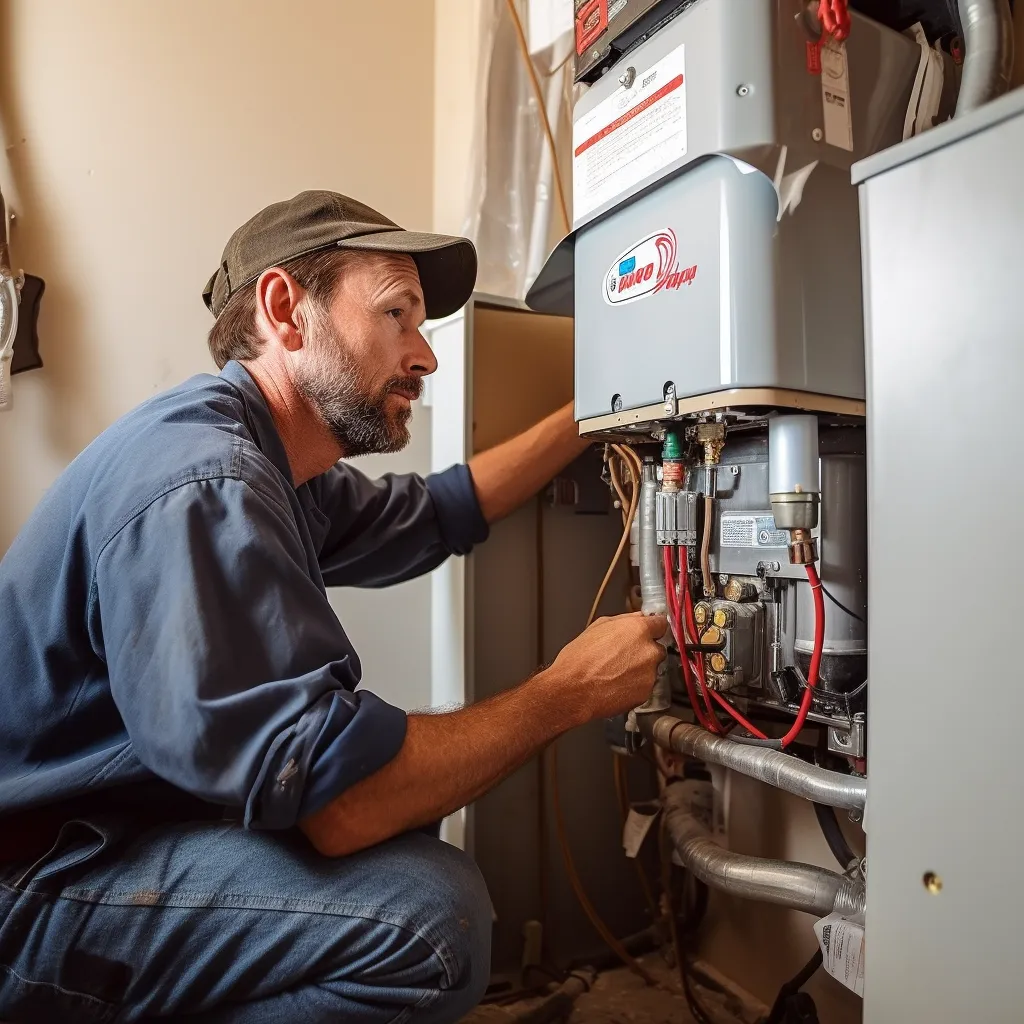
What is a condensing tankless water heater?
A condensing tankless water heater is a type of water heater that is designed to be more energy-efficient. It works by using the heat from the exhaust gases produced during the combustion process to preheat the incoming cold water. This preheating process allows the water heater to extract more heat from the fuel, resulting in less wasted energy. As a result, condensing tankless water heaters can provide hot water on demand while using less fuel and reducing energy costs.

Differences between condensing vs non condensing tankless water heaters
When choosing a water heater for energy savings, it's important to know the difference between condensing and non-condensing models. The main difference is how they handle exhaust gases. Non-condensing models release these gases into the air, while condensing models cool them until they become water vapor and then expel them.
Condensing models of water heaters are more energy-efficient than non-condensing models. This means that they can save you money on energy expenses in the long run, even though they may have higher upfront costs.
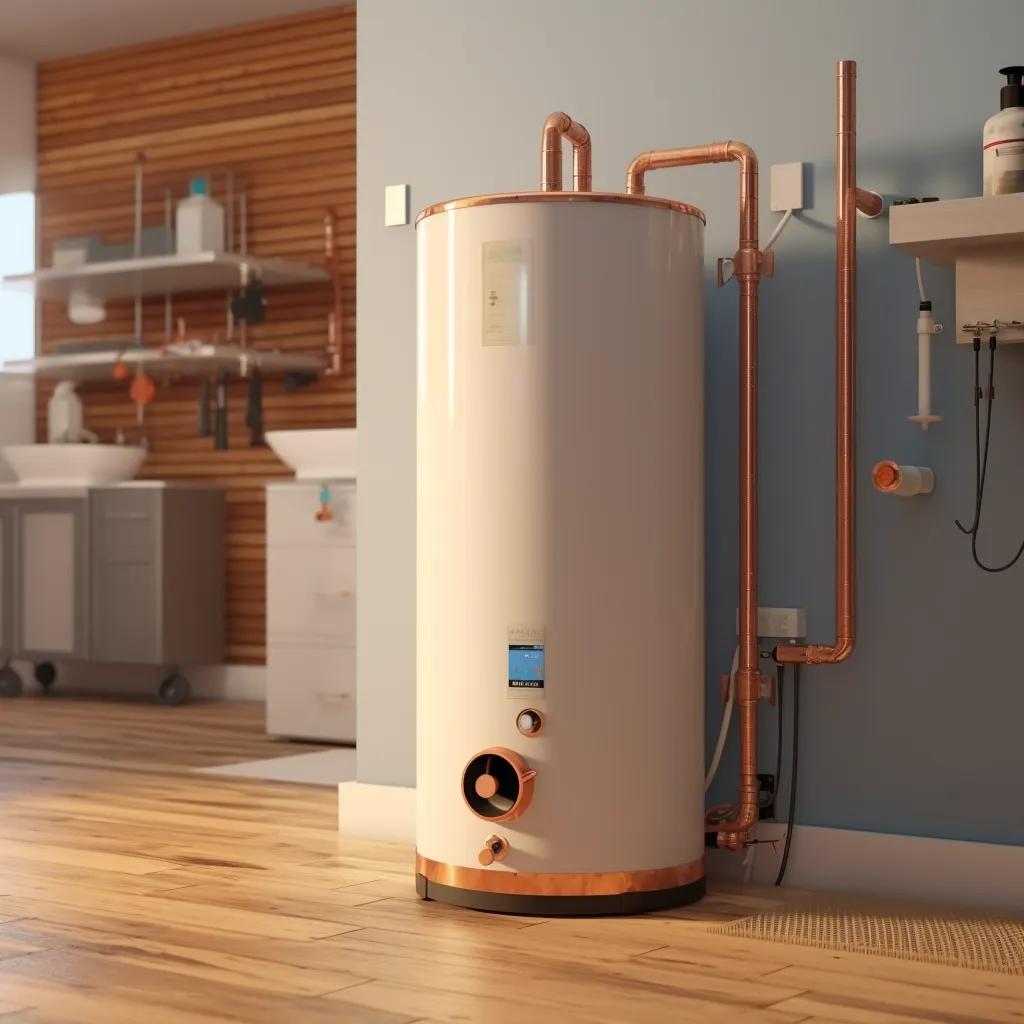
Benefits of a condensing tankless water heater
There are several advantages to using a condensing tankless water heater:
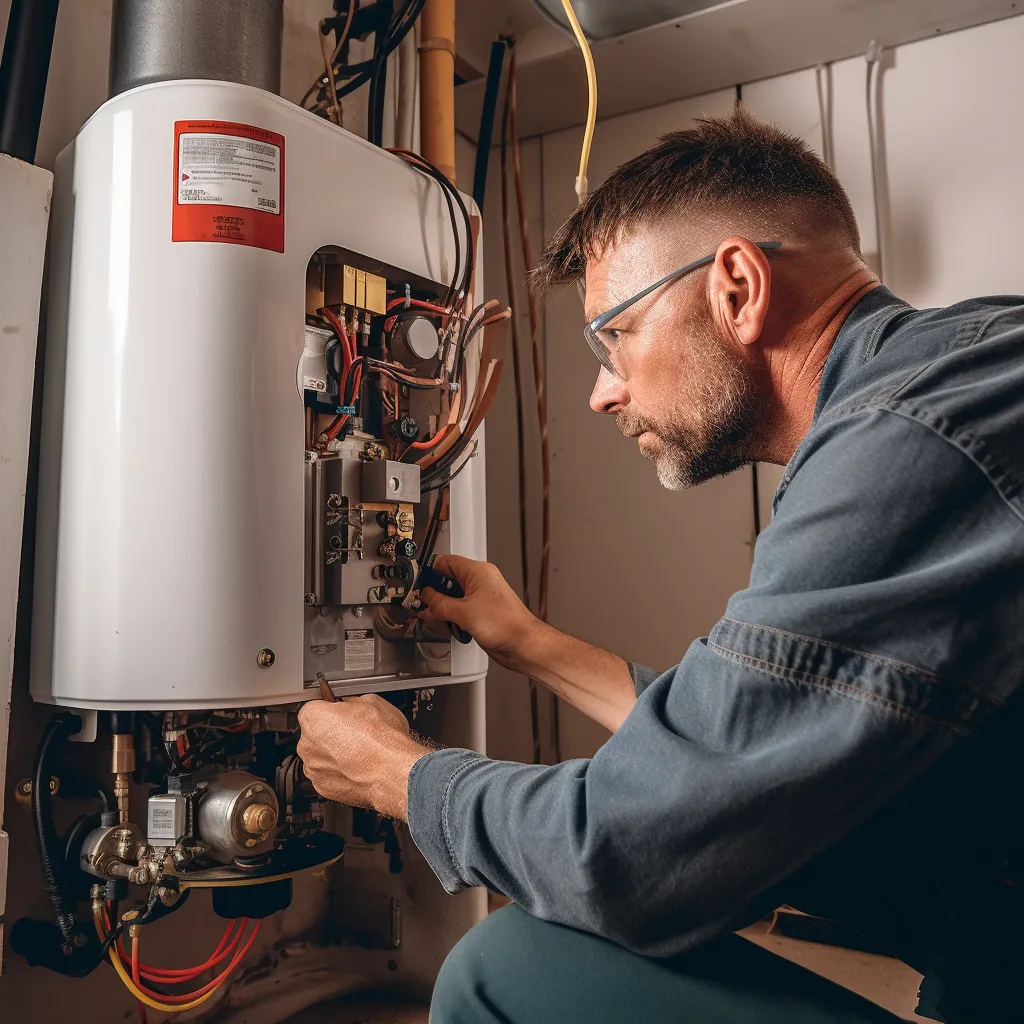
These types of water heaters are highly efficient, meaning they can help save energy and reduce utility costs. They achieve this by capturing and utilizing the heat that is normally lost in traditional tank water heaters.
Condensing tankless water heaters provide unlimited hot water on demand. Unlike tank water heaters that store a limited amount of hot water, condensing tankless models heat the water as it is needed, ensuring a continuous supply of hot water. This can be especially beneficial for households with high water usage or multiple bathrooms.
Condensing tankless water heaters have a compact design, taking up minimal space compared to bulky tank water heaters. This makes them suitable for installation in smaller homes or tight spaces, such as closets or utility rooms.
Condensing tankless water heaters have a long lifespan. They are typically built with durable materials that can withstand heavy use and last for many years. This means fewer repairs and replacements, saving both time and money in the long run.
They have a lower impact on the environment. Their energy-efficient operation reduces greenhouse gas emissions, making them a more environmentally friendly choice compared to traditional tank water heaters.
Disadvantages of a condensing tankless water heater?
Condensing tankless water heaters have a few disadvantages that you should be aware of:

They tend to be more expensive to purchase and install compared to non-condensing models. This is because they require specialized venting systems and additional components.
Condensing tankless water heaters are larger in size compared to non-condensing models. This can pose a challenge for homeowners with limited space for installation.
These water heaters require regular maintenance to prevent the accumulation of condensate and to ensure optimal performance. This includes flushing the system and checking for any blockages or leaks.
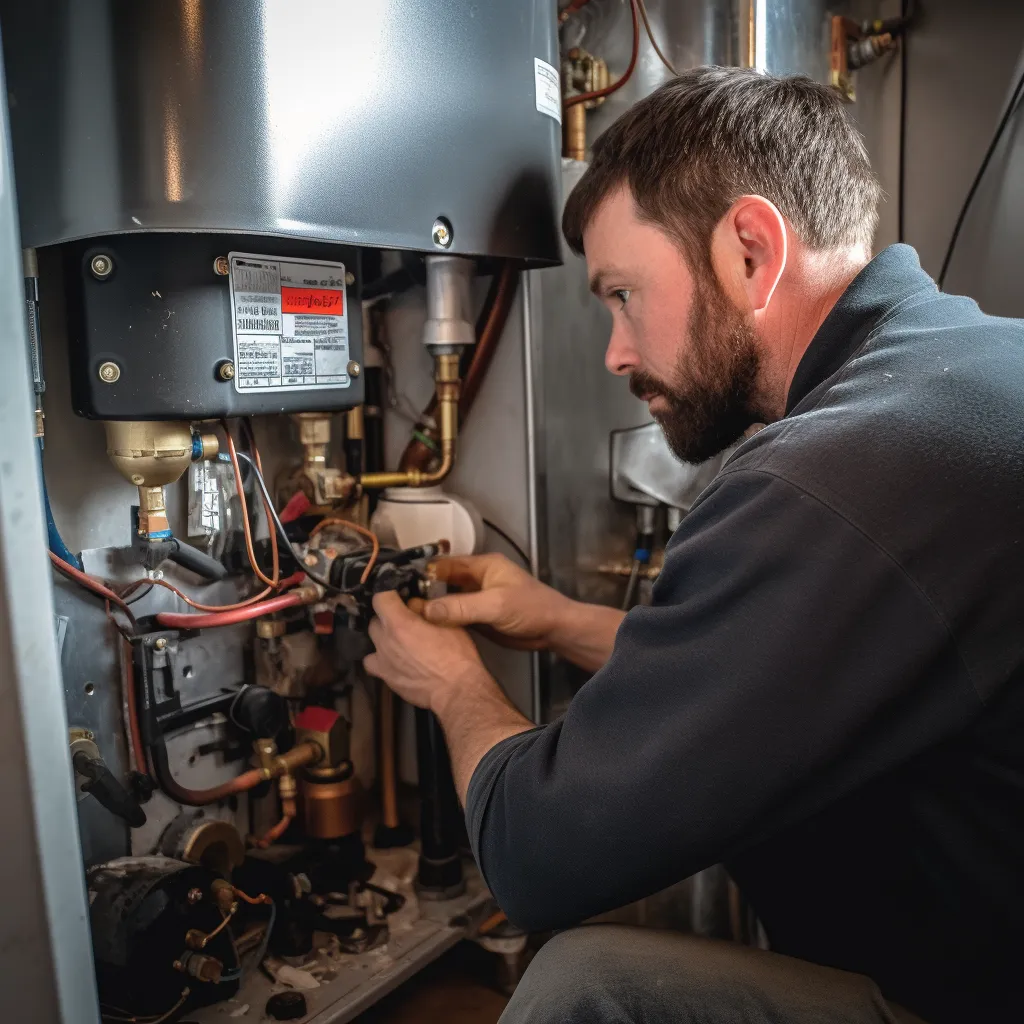
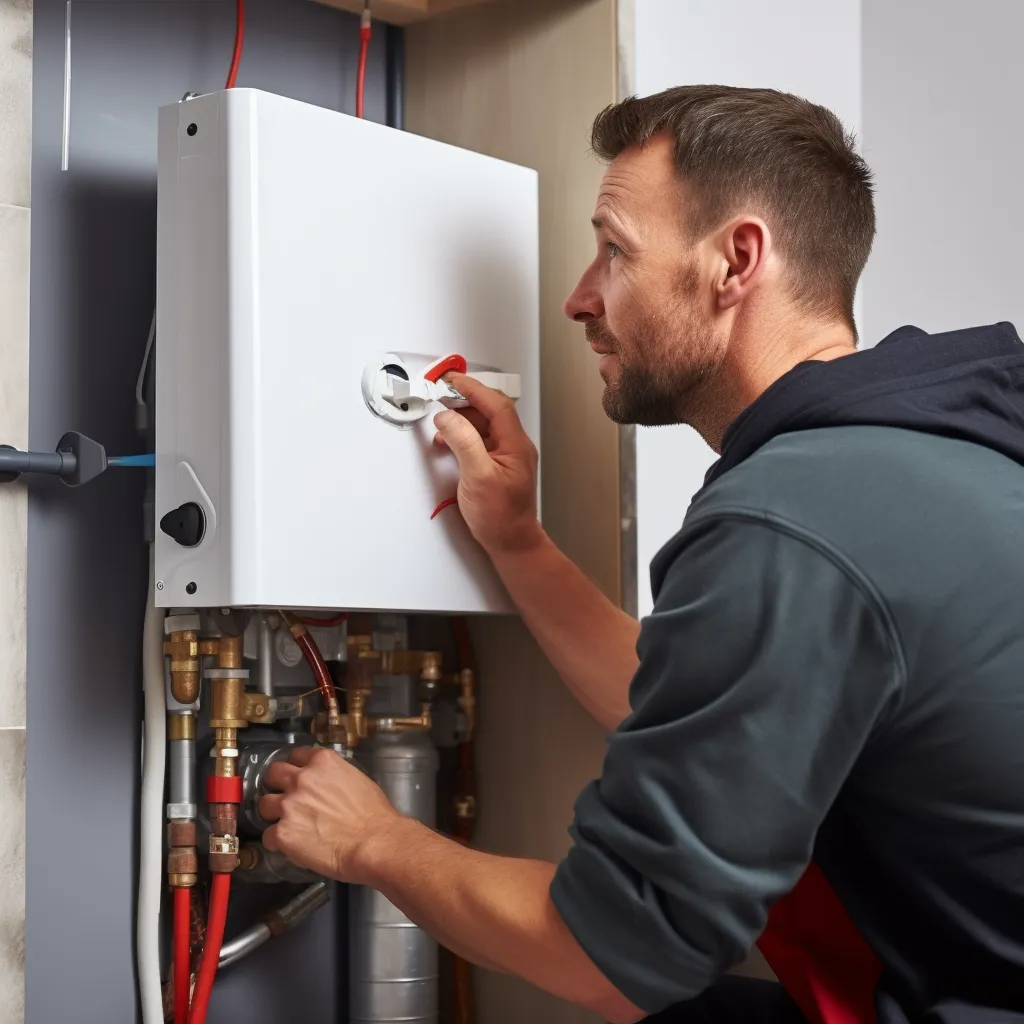
Are condensing tankless water heaters energy-efficient?
Yes, condensing tankless water heaters are highly energy-efficient. These models use advanced technology to extract heat from exhaust gases and transfer it back to the water being heated. This process helps to significantly reduce energy waste, resulting in lower utility bills and a smaller carbon footprint. Therefore, if you're looking for an energy-efficient water heating solution, a condensing tankless water heater is a great option.
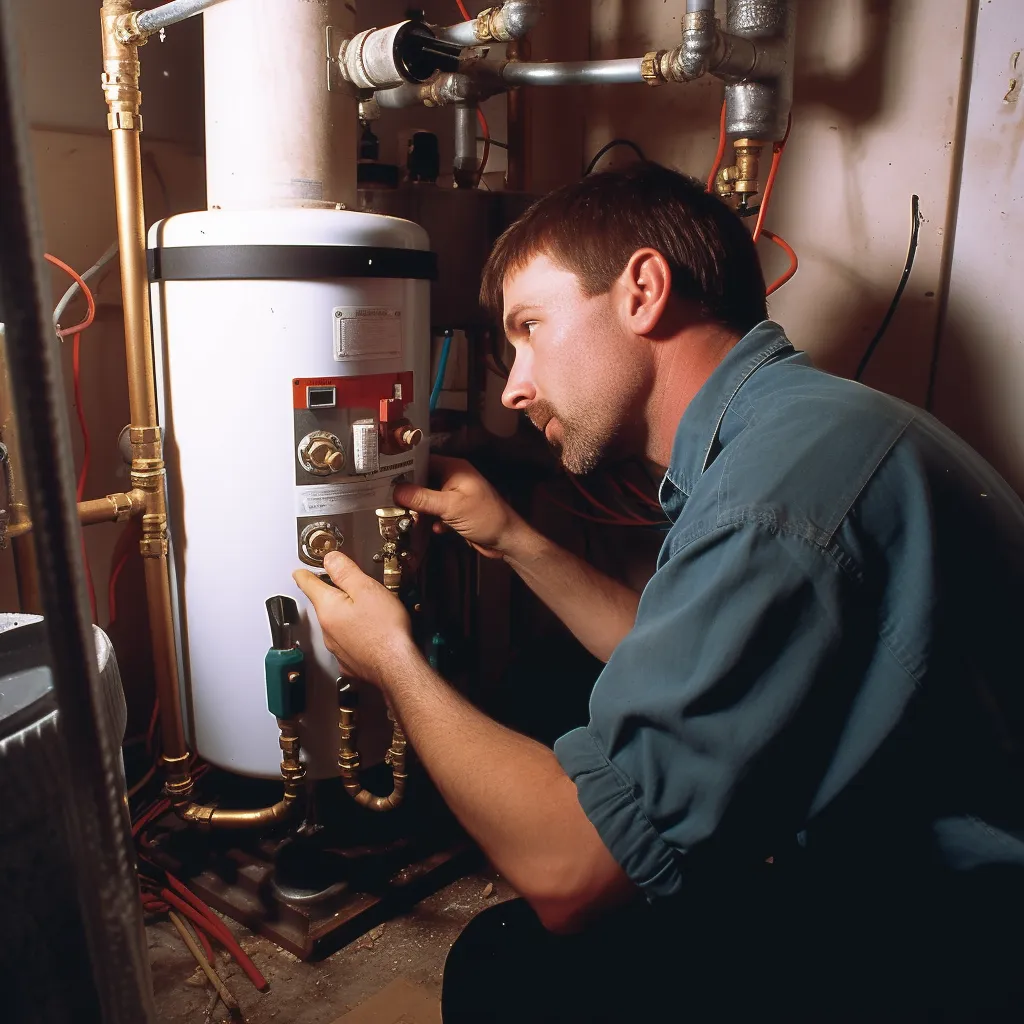
Are non condensing tankless water heaters energy-efficient?
Yes, non-condensing tankless water heaters are energy-efficient. These water heaters are designed to heat water on demand, which means they only operate when hot water is needed. This eliminates the standby energy loss associated with traditional tank water heaters. Non-condensing tankless water heaters are also known for their high thermal efficiency, as they can achieve an efficiency rating of up to 98%. This makes them a cost-effective and eco-friendly choice for heating water in homes and businesses.
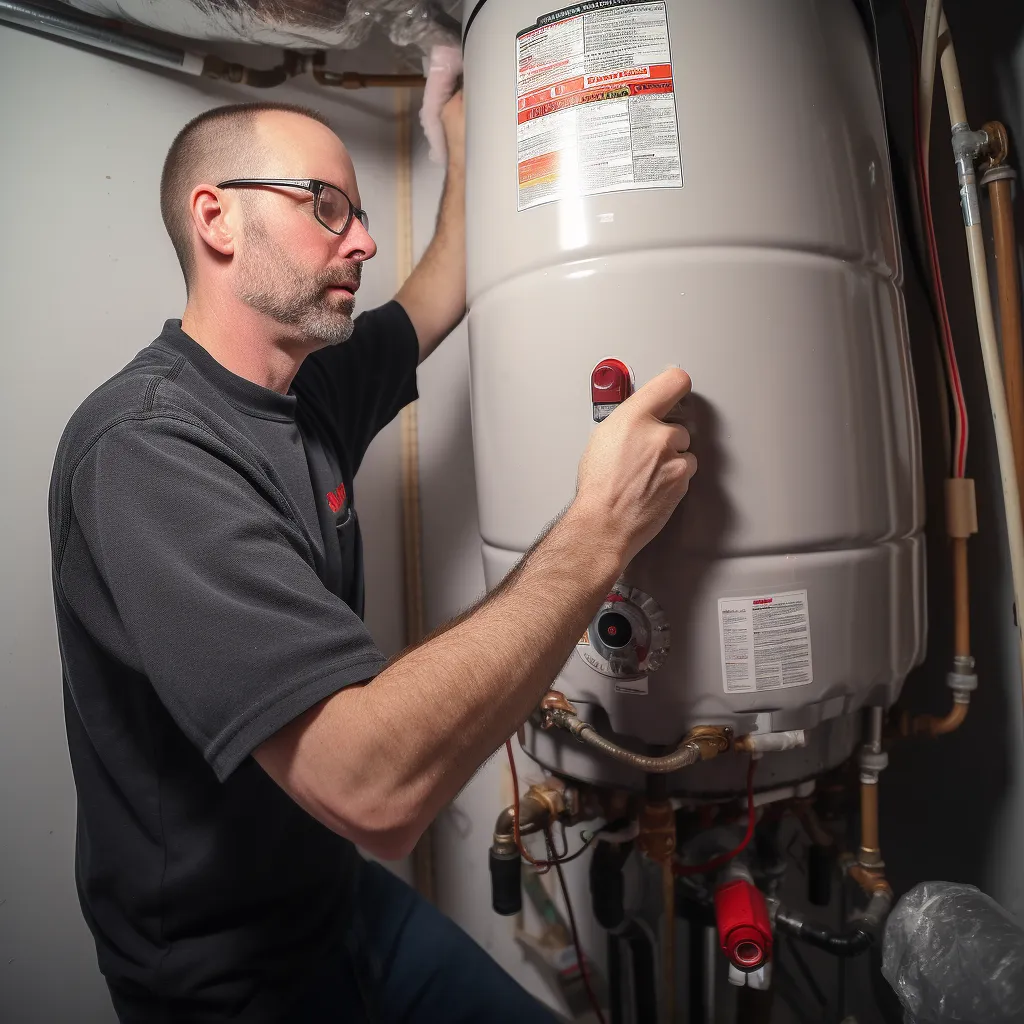
What is the cost to buy and install a condensing tankless water heater?
The cost to purchase and install a condensing tankless water heater can vary depending on factors such as the brand, model, and installation requirements. On average, you can expect to spend anywhere from $2,000 to $4,500 for both the unit and installation. It's important to note that while the initial cost may be higher compared to traditional tank water heaters, the long-term energy savings and efficiency of a condensing tankless water heater can make it a worthwhile investment.
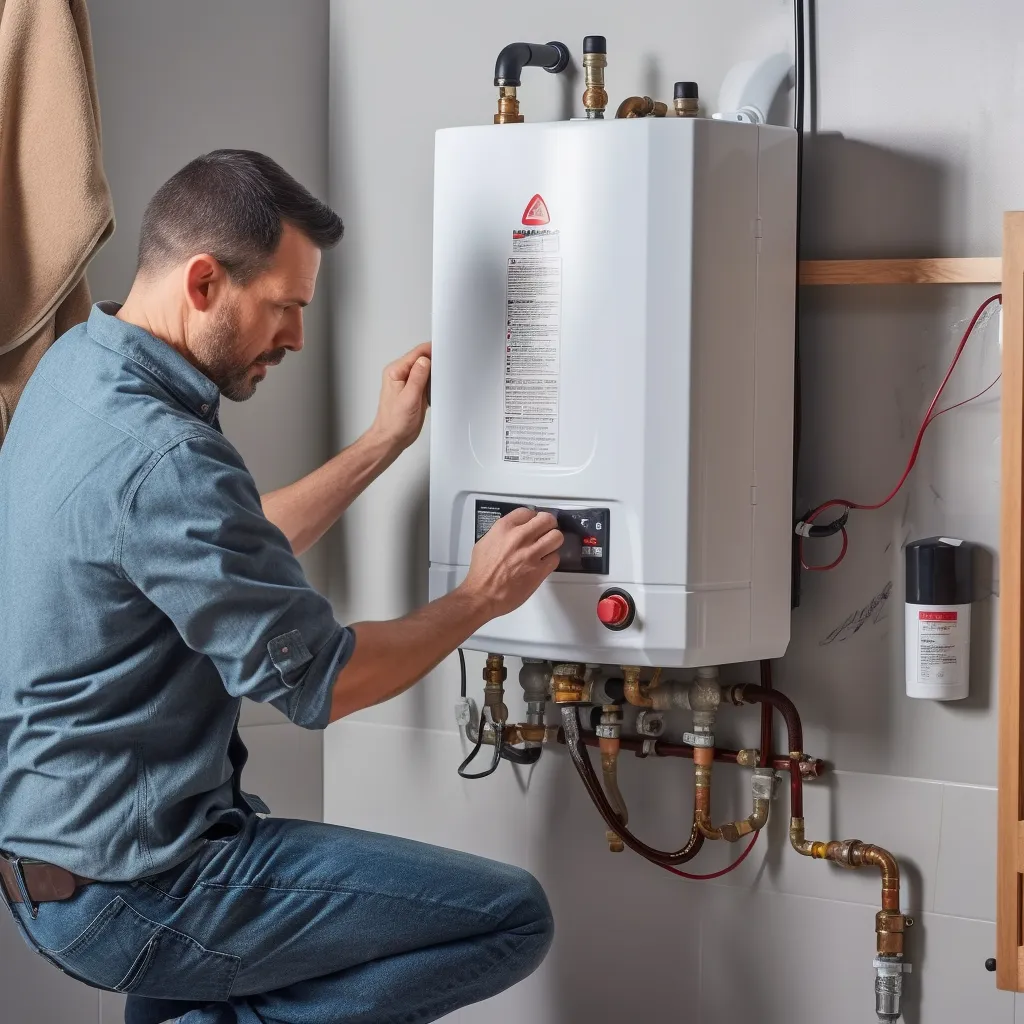
What is the cost to buy and install a non condensing tankless water heater?
The price tag for purchasing and installing a non-condensing tankless water heater can vary depending on several factors. These factors include the brand, size, and model of the water heater, as well as any additional components or features you might choose. On average, you can expect to spend between $800 and $1,500 for the unit itself. However, it's important to note that installation costs are typically not included in this price. Installation costs can vary depending on your location and the complexity of the installation, but on average, you can expect to pay between $500 and $1,000 for professional installation. It's always a good idea to consult with a qualified plumber or HVAC technician to get an accurate estimate for your specific situation.
Maintenance requirements for condensing tankless water heaters
Maintaining condensing tankless water heaters is essential for optimal performance and longevity. Regular maintenance helps ensure these efficient water heaters continue to work efficiently and effectively.

One important maintenance task is descaling the heat exchanger. Over time, mineral deposits can build up on the heat exchanger, hindering heat transfer and reducing efficiency. It is recommended to descale the unit at least once a year, or more frequently in areas with hard water.
Another key requirement is cleaning the inlet filter. The inlet filter prevents debris from entering the unit and causing damage.
Cleaning or replacing the filter regularly is important to ensure proper water flow and prevent clogs.
Checking the combustion chamber and burner for any soot or debris buildup is also crucial. A dirty combustion chamber or clogged burner can affect performance and efficiency. Cleaning these components ensures smooth operation.
It is also important to inspect the venting system for any blockages or leaks. Proper ventilation is necessary to prevent the accumulation of harmful gases and ensure safe operation. Regular inspection and cleaning of the venting system are vital.
Routine maintenance should also include inspecting and testing the pressure relief valve and temperature sensors. These components help maintain the desired water temperature and ensure safety. If any issues are detected, they should be addressed promptly.
Finally, it is recommended to have a professional service contractor inspect and service the condensing tankless water heater annually. They have the expertise to perform in-depth maintenance and identify any potential problems before they escalate.
By following these maintenance requirements, condensing tankless water heaters can operate efficiently, prolonging their lifespan and reducing the risk of breakdowns.
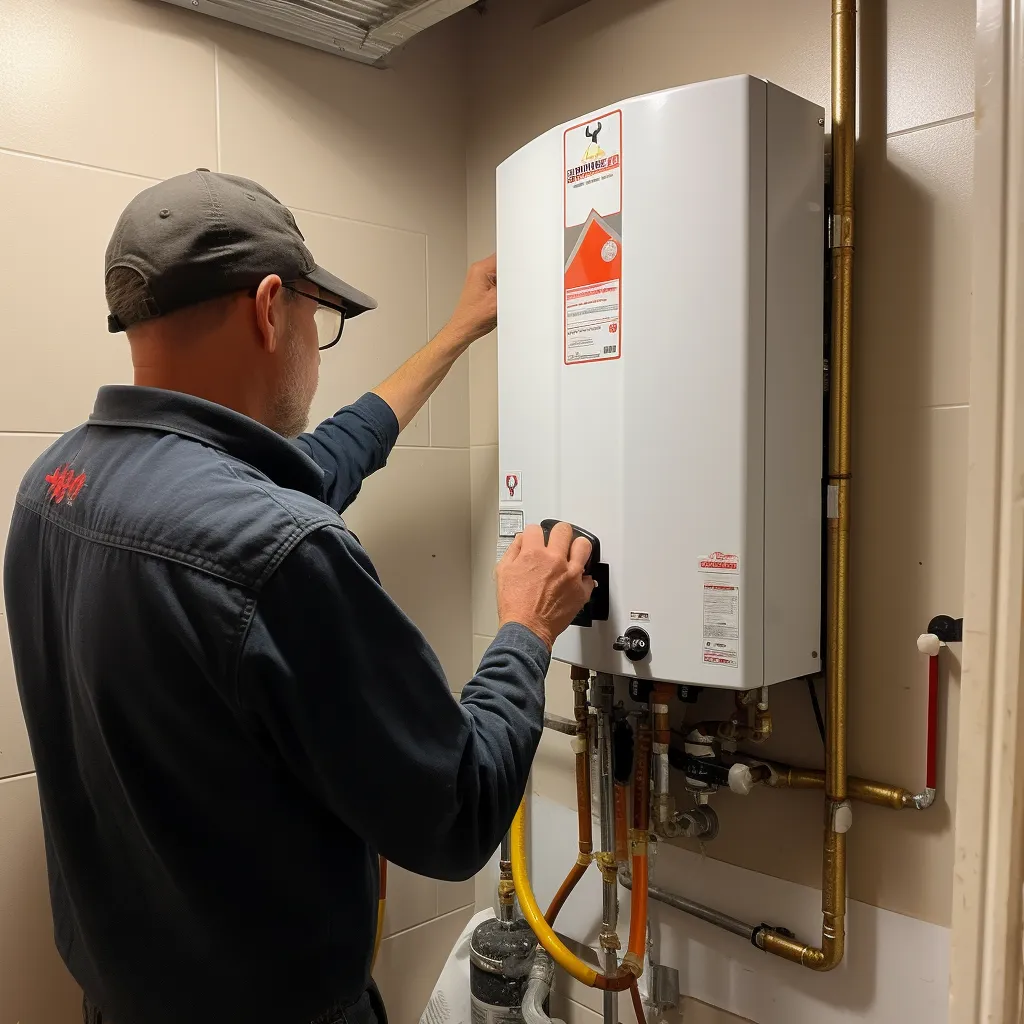
Maintenance requirements for non condensing tankless water heaters
Non-condensing tankless water heaters require regular maintenance to ensure optimal performance and longevity. Here are some maintenance requirements to keep in mind:
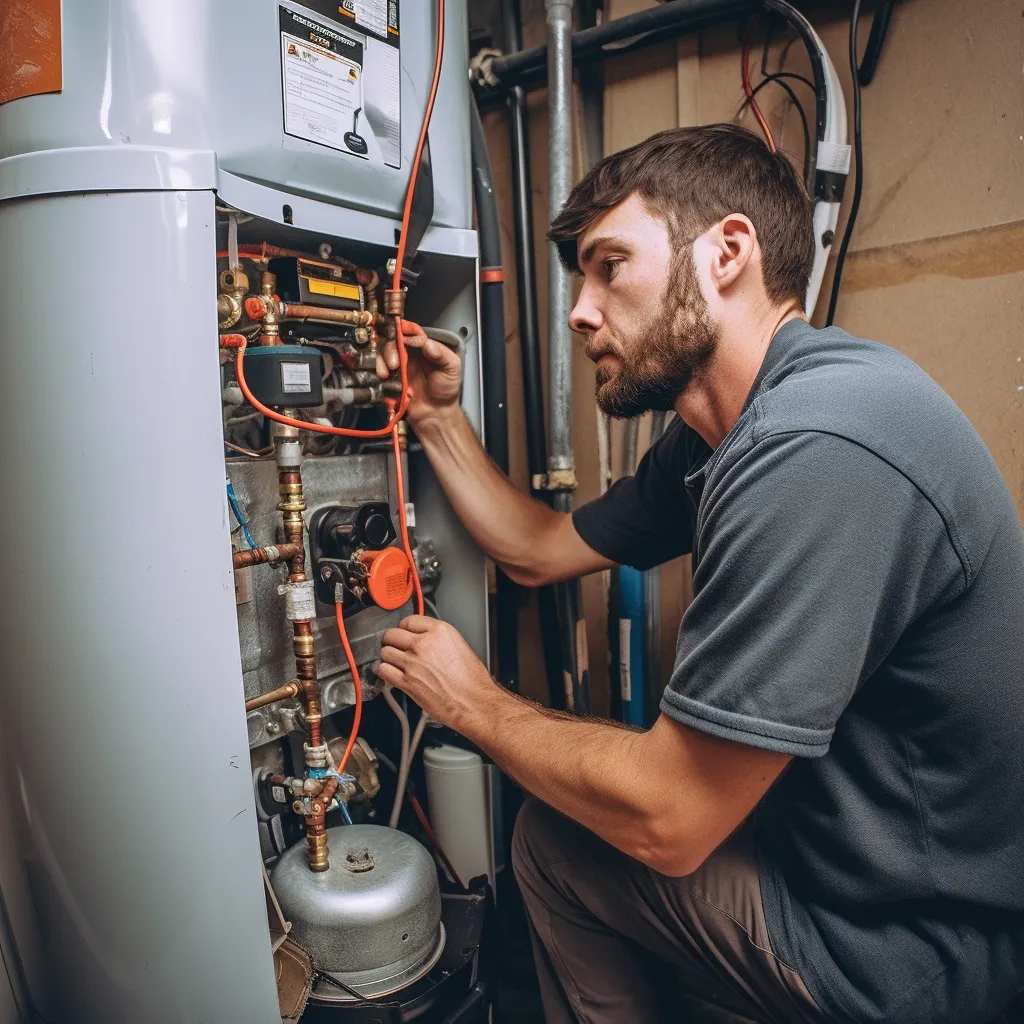
Flushing: Sediments and mineral deposits can build up inside the unit over time. Flushing the system periodically helps remove these deposits, preventing any blockages and maintaining efficient water flow.
Descaling: Hard water can cause scaling on the heating elements, reducing the heater's efficiency. Descaling involves the use of a descaling solution to remove these deposits and keep the system running smoothly.
Cleaning or replacing filters: Tankless water heaters are equipped with filters to trap any debris and prevent it from entering the unit. It’s important to clean or replace these filters regularly to prevent clogging and ensure proper water flow.
Inspecting for leaks: Checking for any leaks in the system is crucial. Addressing leaks promptly can help prevent costly water damage and ensure the heater operates at its best.
Checking venting system: Non-condensing tankless water heaters require proper ventilation to release combustion byproducts safely. Regularly inspecting the venting system helps ensure it is free from blockages or damage.
How to choose between a non condensing vs condensing tankless water heater
When deciding between a non-condensing and condensing tankless water heater, there are a few important factors to consider:

It's important to understand the difference between the two types of water heaters. A non-condensing tankless water heater heats the water as it flows through the unit, while a condensing tankless water heater also utilizes the remaining heat in the exhaust gases to further heat the water, making it more efficient.
One factor to consider is energy efficiency. Condensing tankless water heaters have a higher energy efficiency rating compared to non-condensing models. This means that they can help you save on your energy bills in the long run.
Another factor to consider is installation. Condensing tankless water heaters require access to a drain line for the collection and removal of condensate. Additionally, they may require a larger venting system to accommodate the cooler exhaust gases. Non-condensing tankless water heaters, on the other hand, may have simpler installation requirements.
Price is another aspect to think about. Condensing tankless water heaters are generally more expensive than non-condensing models due to their advanced technology and increased efficiency. However, the energy savings over time may offset the initial higher cost.
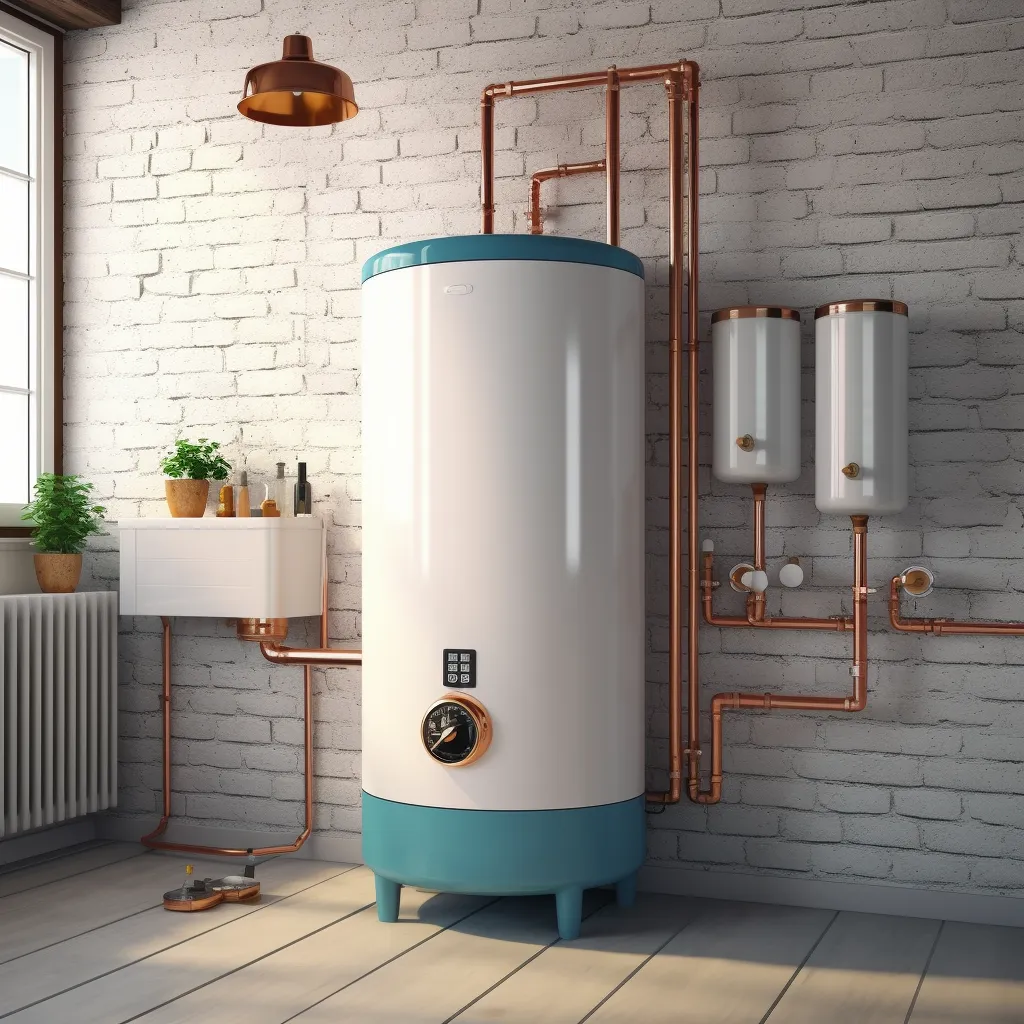
Thorough research is critical
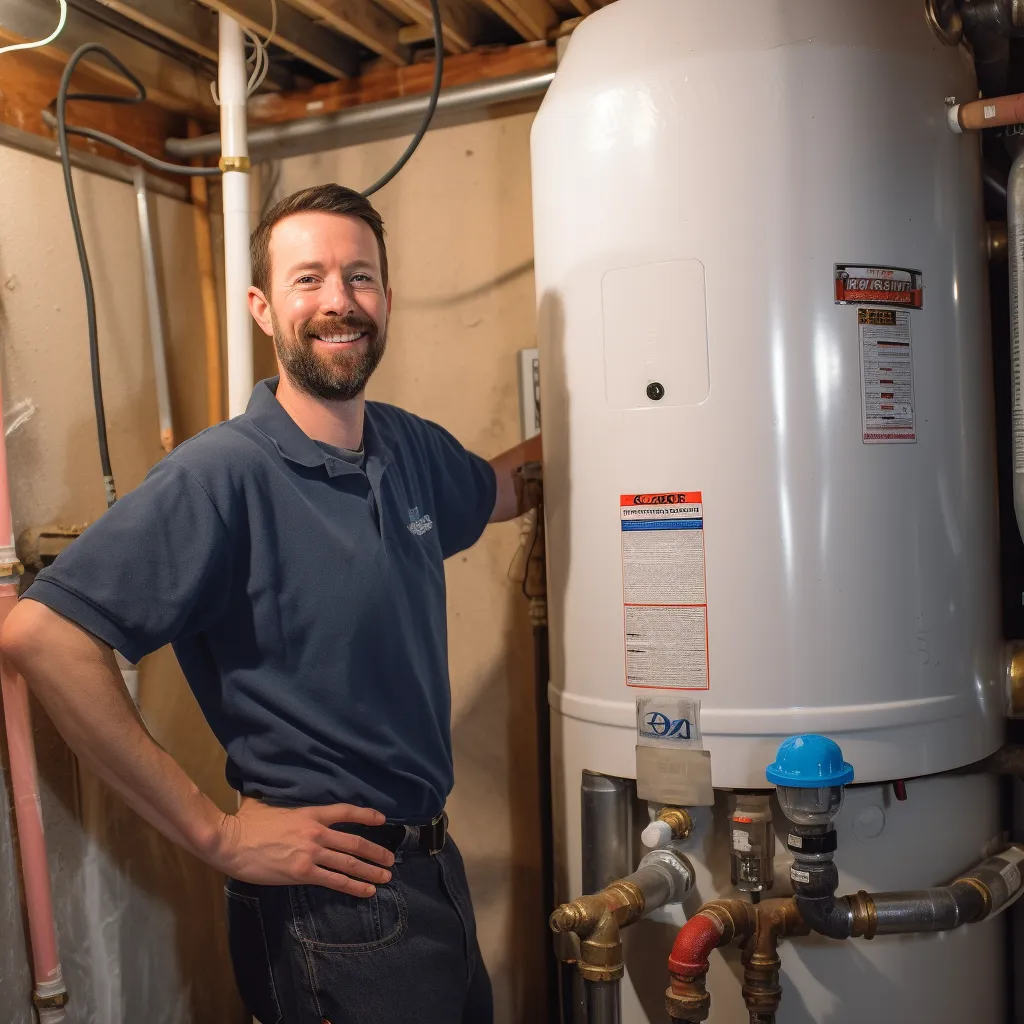
To find the perfect tankless water heater for your home, it's essential to look at the advantages and disadvantages of different types. One important decision is whether to go for a condensing or non-condensing unit. While non-condensing options may seem cheaper at first, they tend to use more energy and require more maintenance. On the other hand, condensing tankless water heaters are more cost-effective and can lower your utility bills. By taking the time to compare different options and choosing the right type of water heater, you can enjoy a continuous supply of hot water while saving energy.
Choosing the right tankless water heater for your home is an important decision. It's best to consult with a licensed professional who understands your home's specific needs. Their expertise will help you make an informed choice that suits your home perfectly.
Contact Us
